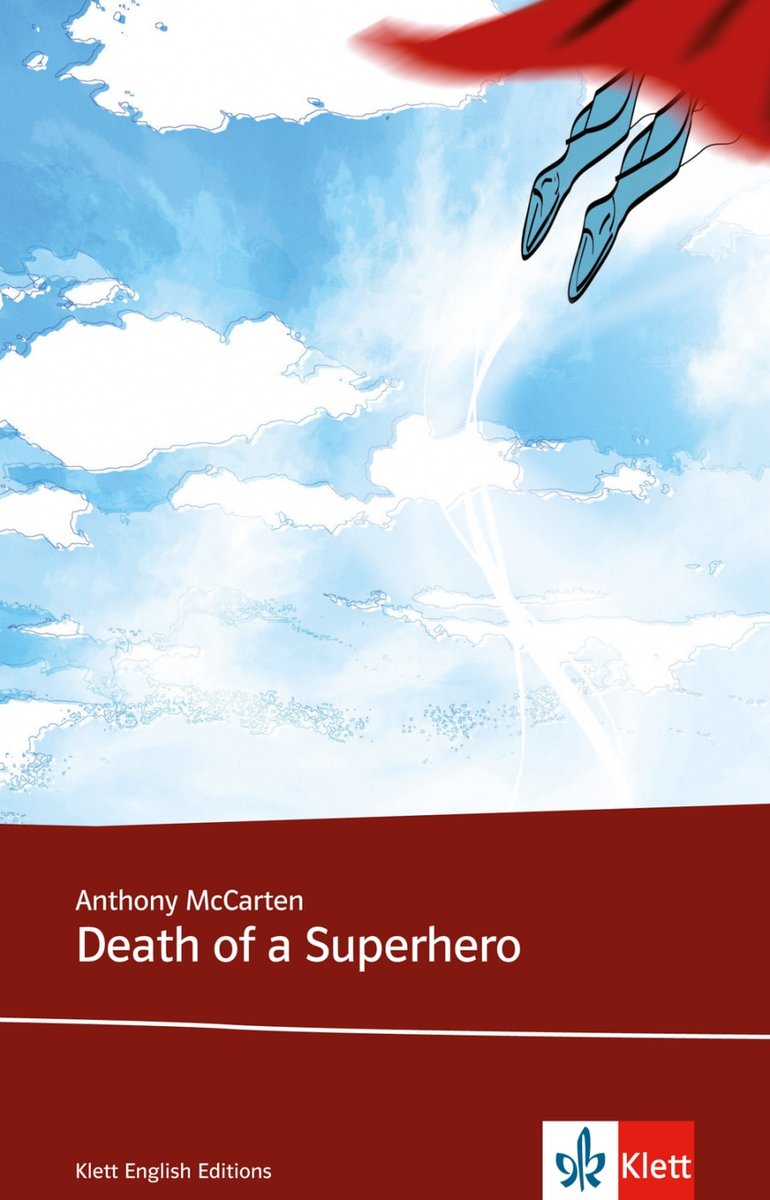Donald Delpe ist ein Teenager mit Problemen. In seiner Obsession für Sex, Musik, Videospiele und Drogen bildet er keine Ausnahme unter seinen Freunden, aber er allein leidet unter einer lebensbedrohlichen Form von Leukämie. Dies macht den Umgang mit ihm für Eltern und Lehrer gleichermaßen schwierig. Denn er entkommt als Superheld in eine selbst gezeichnete Comicwelt voller Bösewichte und sexbesessener Vamps und weigert sich gleichzeitig, den Kampf im wirklichen Leben aufzunehmen. Als der bekannte Psychoanalytiker Dr King sich seiner annimmt, schöpft die Familie neue Hoffnung. Doch Donald merkt schnell, dass Dr King selbst Hilfe benötigt. Der Text wechselt zwischen den sprachlichen Ebenen Roman, Comic und Drehbuch. Die Sprache ist immer lakonisch und bewegt die Leser mit den großen Themen Liebe und Tod.
Abiturempfehlung zum Themenbereich Life and death


